A Chinese envoy on Wednesday called on the United States to take meaningful, concrete actions to relieve tensions on the Korean Peninsula.
The current situation on the Korean Peninsula has become tense. It must be pointed out that the situation has developed to what it is today primarily due to the flip-flop of U.S. policies, its failure to uphold the results of previous dialogue, and its disregard for the reasonable concerns of the Democratic People's Republic of Korea (DPRK). This is an undeniable fact, said Zhang Jun, China's permanent representative to the United Nations.
"Where the situation goes from here will depend, to a large extent, on the actions of the United States, and the key lies in whether the United States can face up to the crux of the problem, demonstrate a responsible attitude, and take meaningful, concrete actions," he told a UN General Assembly debate on the Korean Peninsula issue.
Under the current circumstances, all parties should remain calm, exercise restraint, and avoid any action that could escalate tensions and lead to miscalculation, he said.
To fundamentally resolve the Korean Peninsula issue requires following the general direction of political settlement, dialogue, and consultation, he said.
Historical experience shows that dialogue and consultation are the only viable way to resolve the issue. When dialogue advanced smoothly, positive progress was made; when dialogue was stalled or even backtracked, tensions on the peninsula escalated. Since the DPRK took denuclearization measures in 2018, the U.S. side did not reciprocate, did not address the DPRK's legitimate and reasonable concerns, nor did it demonstrate the necessary sincerity for resolving the issue, said Zhang.
There are many things the United States can do, such as easing sanctions on the DPRK in certain areas and ending joint military exercises. The key is action, not just talk about readiness for dialogue with no preconditions, he said.
Wednesday's debate was the first of its kind since the General Assembly adopted a resolution on April 26 that allows it to convene automatically when a veto is cast in the Security Council. On May 26, China and Russia vetoed a Security Council draft resolution aimed to impose new sanctions on the DPRK, triggering the General Assembly meeting.
To fundamentally resolve the Korean Peninsula issue requires abandoning the old approach of imposing sanctions and exerting pressure, said Zhang.
Sanctions are a means, not an end. The Security Council's harsh sanctions against the DPRK are unprecedented and cover far beyond its nuclear and missile programs, having huge negative impacts on the livelihood of the DPRK people. In the context of the COVID-19 outbreak in the DPRK, additional sanctions are neither right nor humane, and will only add to the suffering of the DPRK population, he explained.
The Security Council's DPRK-related resolutions are an integral whole and should be implemented in a comprehensive, complete, and accurate manner. Relevant countries should not place one-sided emphasis on the implementation of sanctions. They should also make active efforts to promote a political solution and ease sanctions in due course, he said.
To fundamentally resolve the Korean Peninsula issue requires the Security Council to play a constructive role, said Zhang.
Under the current situation, the words and actions of the Security Council and its members should help maintain stability and prevent chaos on the peninsula, restart dialogue and negotiations, and resolve the real humanitarian and livelihood difficulties faced by the DPRK, rather than creating obstacles to this end, he said.
In the past, the Security Council had been able to adopt DPRK-related resolutions because all members fully communicated with one another and could ultimately reach consensus. In response to the draft resolution on the DPRK tabled by the United States, China had put forward many reasonable proposals. China hoped the U.S. side would consider seeking a presidential statement rather than a resolution - in a way that could best garner the consensus of Security Council members. This approach was recognized and endorsed by the overwhelming majority of council members. However, the United States, which was the only opponent to the proposal, insisted on pushing for a vote, deliberately creating confrontation and triggering a showdown in the council. Looking at the consensus-lacking U.S. draft, China had no choice but to vote against it. The United States should take responsibility for this result, he said.
China always engages in the work of the Security Council in a responsible manner and makes active efforts to maintain unity among council members and promote stronger cooperation among all parties, with a view to fulfilling the duties mandated by the UN Charter, said Zhang.
"It must be noted that China takes an extremely cautious and responsible approach to every vote in the Security Council, and bases its judgment on the merits of the matter itself," he said. "What kind of vote China will cast is essentially about whether such a voting will be conducive to solving the problem, maintaining international peace and security, and avoiding greater tensions and disasters."
It will be precisely irresponsible and derelict of duty for the Security Council to adopt a resolution without principle, which could result in serious consequences and plunge the countries or regions concerned into a catastrophe, he said.
To fundamentally resolve the Korean Peninsula issue requires upholding the security interests of regional countries, said Zhang.
The security of all countries is indivisible, and the peace and stability of the Korean Peninsula is closely related to the external strategic environment, he said.
The United States has recently been making provocations in the Asia-Pacific region, and has been carrying out nuclear submarine cooperation with relevant countries in the region, developing hypersonic weapons, and selling cruise missiles that can carry nuclear warheads, he said. "These moves have completely revealed its double standards and hypocrisy on the issue of nuclear non-proliferation."
The United States has been vigorously implementing its Indo-Pacific strategy and strengthening military alliances with relevant regional countries, which aggravates the risks of military confrontation in the region. A certain politician of an individual regional country was clamoring for so-called nuclear sharing with the United States, intentionally reversing the wheels of history on the issue of nuclear weapons, seriously impacting the process of resolving the Korean Peninsula nuclear issue, and poisoning the regional security environment, said Zhang.
"It is not in the interests of any country to stoke bloc confrontation in the Asia-Pacific region. We urge the countries concerned to put regional peace and security first, stop political maneuvering, change course immediately, and create a good environment toward peace and stability on the peninsula," he said.
A peaceful and stable Korean Peninsula is the shared expectation of regional countries and the international community. As a close neighbor, China has been closely following developments on the peninsula and has always insisted on maintaining peace and stability there, achieving denuclearization, and resolving the issue through dialogue and consultations. For a long time now, China has been making unremitting efforts to resolve the issue. China's important and constructive role is clear to the entire international community, said Zhang.
Under the current circumstances, China hopes that all parties will continue to focus on the big picture, pursue dialogue and consultations, meet each other halfway, explore effective ways to resolve the reasonable concerns of all parties in a balanced manner, and create favorable conditions for the early resumption of meaningful dialogue. Together with the wide UN membership, China is ready to play a constructive role toward this goal, he said.









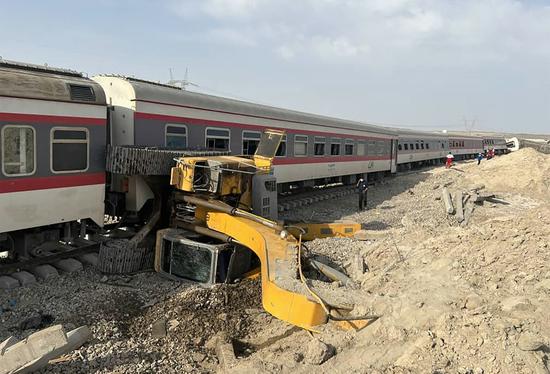




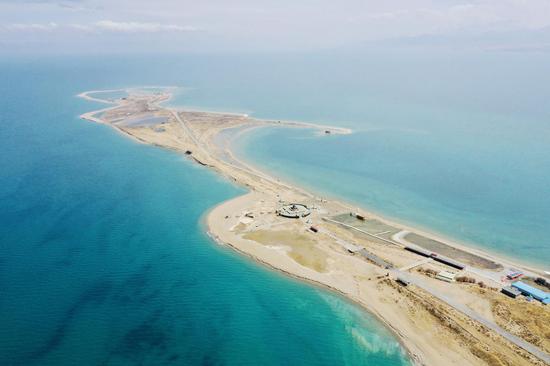
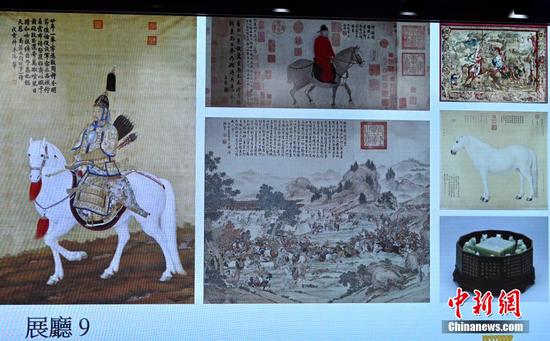





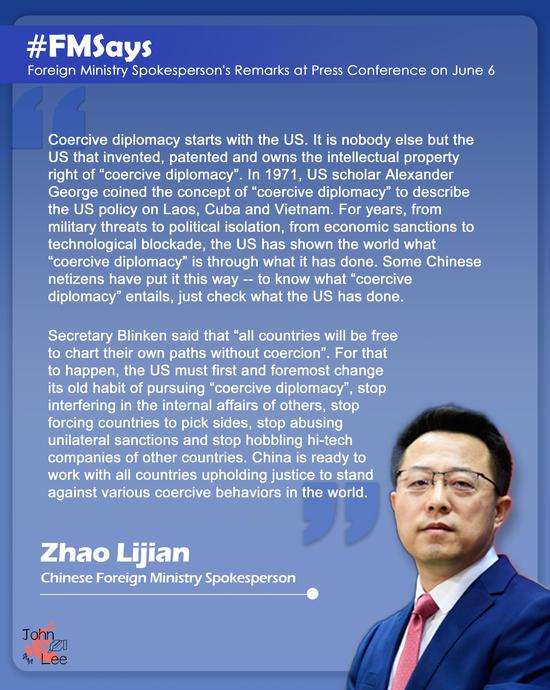
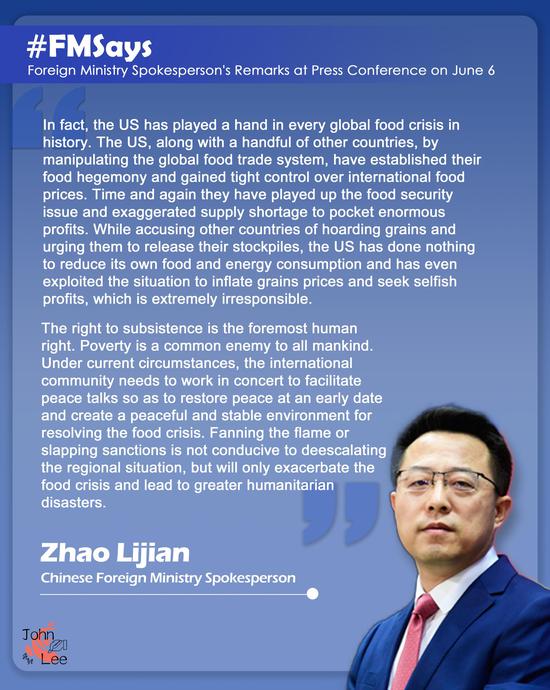
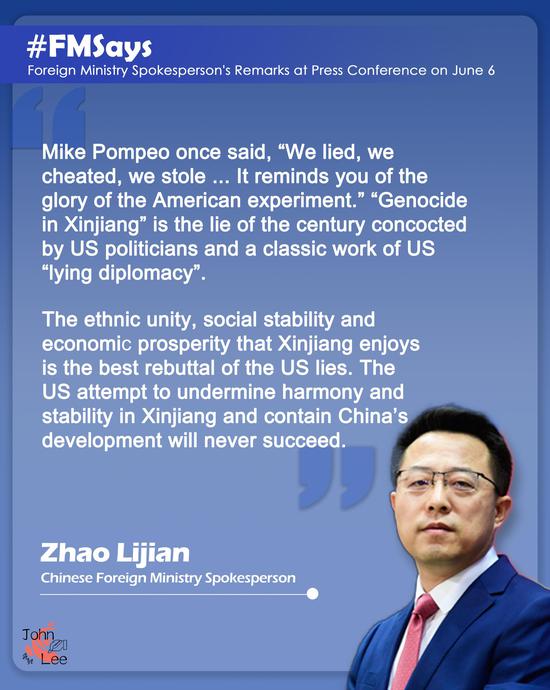

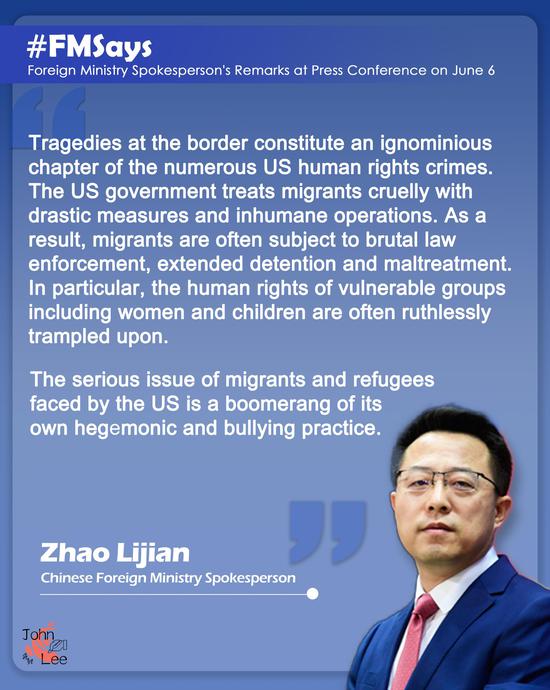


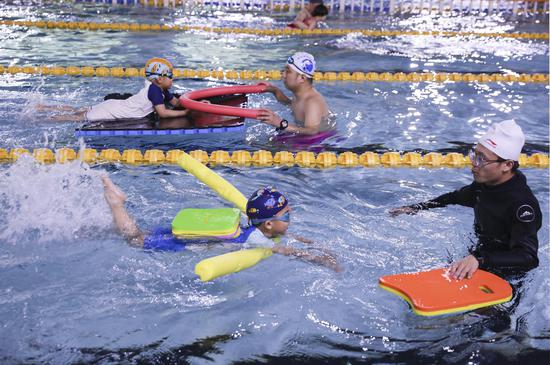


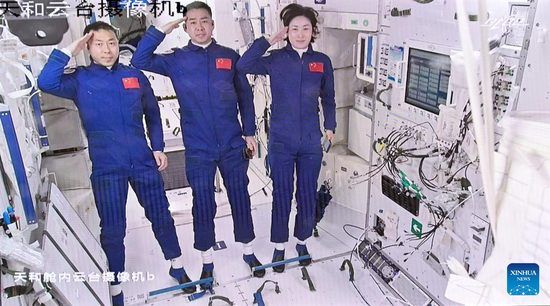
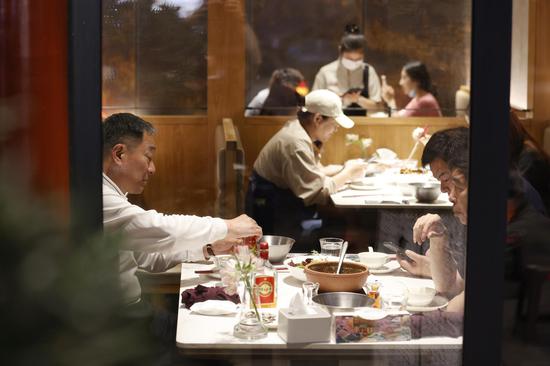
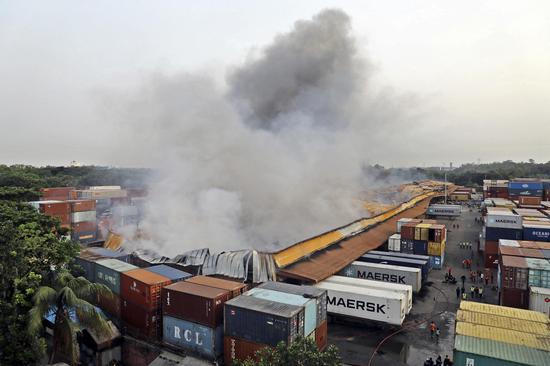






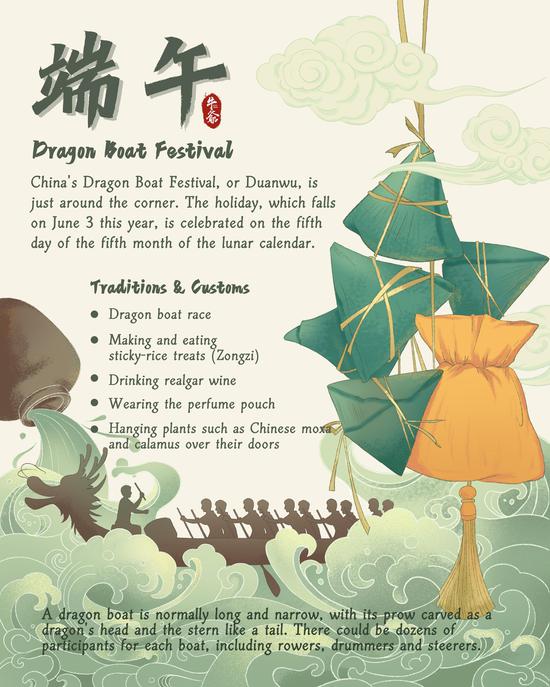


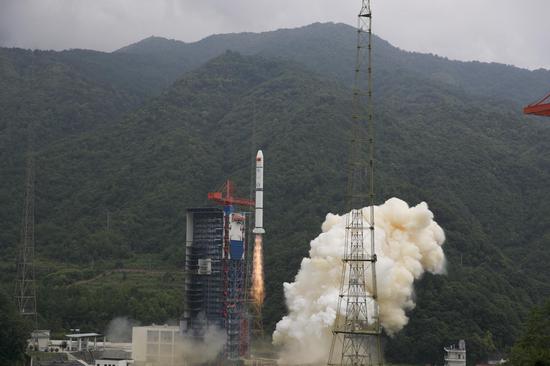






 京公網安備 11010202009201號
京公網安備 11010202009201號